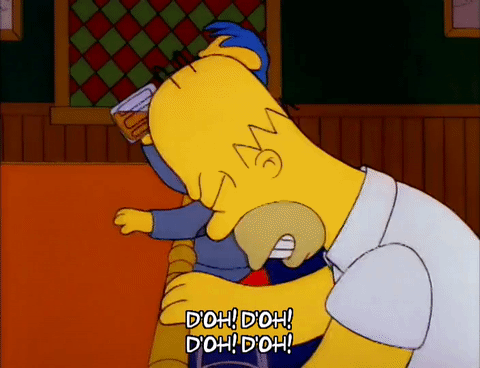I'm mostly apathetic toward the last few films. Surprised that
Braveheart once again made the countdown since I only ever seem to hear negative things about it nowadays. I rated the film highly on my one and only viewing, and I think it delivers the entertainment and spectacle and audience-rousing moments that people want and expect from such Hollywood epics, but I never feel any urge to revisit it. (The DVD I purchased many years ago from the $5 Walmart bin remains in plastic. I'll probably revisit it at some point and be like, "That was really good!" and then proceed to not watch it again for 20 years.)
Also surprised to see
Eternal Sunshine of the Spotless Mind. I forget that movie even exists, let alone that it has such a devoted fanbase. I haven't watched it since it first came out, so I definitely owe it a re-watch. At the time I thought it was a good movie with an interesting premise, but perhaps overrated by budding film fans who were just excited to see something atypical and original make a splash in the mainstream. In that regard, it's always reminded me of
Donnie Darko.
One of these days, when a third of the population is in a polyamorous relationship with Siri and another third is cyber-fingering that tramp Alexa, we'll look back on
Her as some next-level Nostradamus sh*t. It's a fascinating movie with a lot to say about the nature of relationships, and it's also interesting to see such a tender performance from Phoenix, since I mostly associate him with the opposite nowadays. ScarJo also proved that she can dish out stiffies with just her voice alone. Again, though, I'm somewhat surprised to see it make the countdown. There were probably around 15 movies I preferred from 2013 alone.
I don't recall finding a single moment of
Harold and Maude amusing, as I spent most of the movie wishing that the kid didn't suck so much at suicide. The aesthetic reminded me too much of my grandmother's curtains, and the soundtrack ensured that I'll never convert to (Yusuf) Islam.
I wasn't a fan of
E.T. as a child, so it never became a staple in my household and I have no nostalgia for it. Re-watching it as an adult simply confirmed that I'm dead inside.
E~3: The Extra Testicle, on the other hand, brings tears to my eyes every time.
 Rosemary's Baby
Rosemary's Baby is the best film to appear so far. An absolute masterpiece. Mia Farrow gives one of the genre's best performances, as she deteriorates helplessly before our eyes. Expertly crafted, acted, written. One of the best endings as well. On my most recent re-watch, I realized that the movie is less about devil spawn than it is about the horrors of being a woman in the 1960's. If we could've expanded our ballots to fifty entries,
Rosemary's Baby would've been a lock for for me.

 Check out my podcast:
Check out my podcast: 



